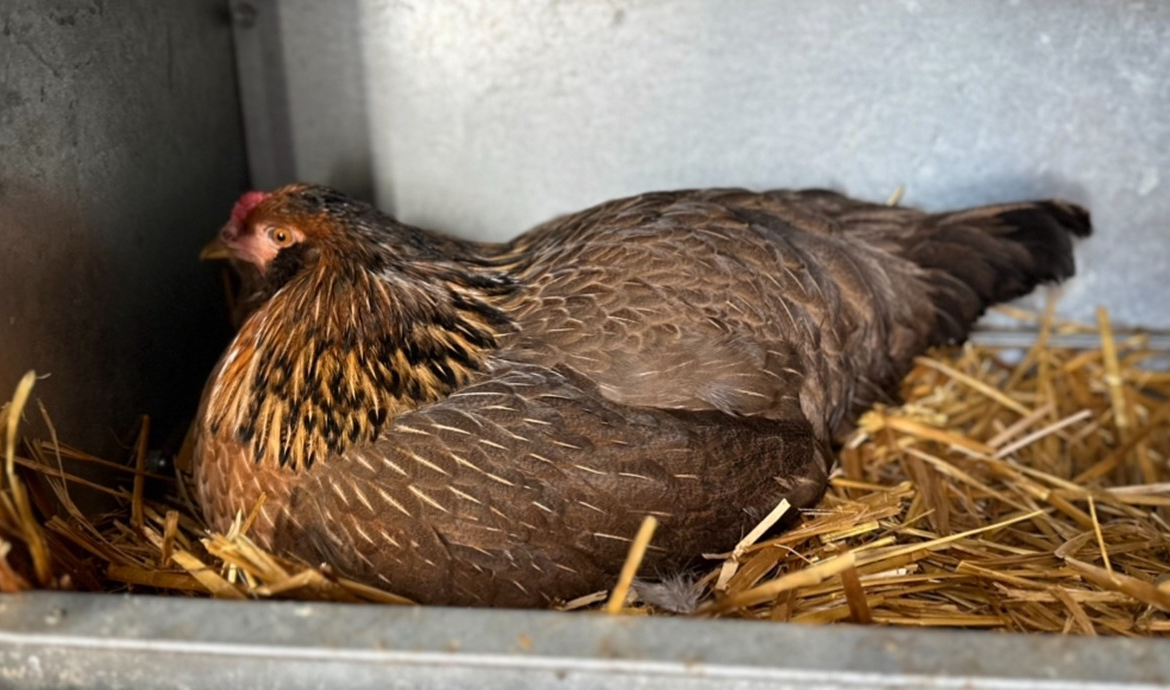Shimbo Pastory
Globally the world animal day is marked on October 4 each year as a social education initiative to help treat animals better. There is no doubt regarding an assumed supremacy of the human person, supported by holy books, which renders nature, including animals at the human person’s merciless and ruthless greed.
While use of what nature provides for sustenance, is perfectly fine and natural, indiscriminate and careless treatment of other living things is an unprecedented response for human persons endowed (by the Creator) with capacity for reason and thought.
Different societies regard animals differently, in that some societies have had close ties and respect for certain animals more than others. For example, in most of our sub-Saharan African countries (allow me to generalize here), dogs and cats are domesticated, but are not pets, as compared to Europe, where they are pets.
One rarely finds dogs domesticated for security purposes alone in most European countries. However, the former does mean that such animals are not loved or cared for.
History acknowledges having consideration of care for animals in the traditional wisdom of Africans, Asians, and other indigenous peoples. But there are differences still. In Asia, 8th Century BCE writings contain admonitions for non-violence to animals.
In the early years of Western civilization, many philosophers who lived as far as 7th Century BCE had high regard for animals, some of which were considered sacred. Pythagoras (5th Century BCE) particularly taught respect for animals, as they are reincarnations of past humans.
Theophrastus taught against eating meat in the 3rd Century BCE because it robbed animals of their life, and was unjust. This is to tell us how far the world has gone already in discourse about the rights of animals who are not ‘things’ but living beings.
Formalized legislations of animal rights law goes as far back as 1635, and in most societies globally the advocacy for good care of animals is way advanced.
It is considered a violation of animal rights when they are subjected to pain which can be avoided, for example dehorning, castration, or any mutilations without the use of anaesthesia.
Torture, beatings, burning, chocking, hanging, kicking, shooting, stabbing, throwing, denial of cover and shelter from inclement weather, and others related acts are considered abusive and violent behaviours towards animals; and are punishable by laws.
Acts like denial of food and water (starvation), neglect, denial or unnecessary delay of veterinary medical treatment, exposing animals to fatalistic games for human entertainment, are considered cruel acts towards animals.
We need to provide public animal rights education in the country, especially on the main aspects of animal health, protection, and welfare: Disease prevention and treatment, responsible care, nutrition, human handling, proper housing, and humane euthanasia (when necessary).
This way we create a generation that is animal friendly, and looking at animals as living things with intrinsic value and not just at our disposal for whatever we want.
The United Nations through its Convention on Animal Rights and Protection (UNCAHP) published in 2018 acknowledges that “animal protection is a complex and multifaceted issue which involve ethical, social, religious, political, economic and scientific dimensions.”
It also acknowledges that every form of life is unique, non-human animals have needs that should be fully considered, that there should be standards of animal health and welfare, and that the peaceful world must be extended to the non-human individual animals. (UNCAHP, 2018).

We need more social advocacy locally to eliminate abuse of animals used for farm work and denied healthy rest time, and animals used to carry heavy loads across long distances as well. Animals sentience (feelings) need to be considered.
In Tanzanian Law, the Animal Welfare Act (2008) addresses these issues, which is a good step towards ending animal cruelty and torture.
For example, our Law forbids killing animals by electrocution, poisoning, or drowning, and at any point that an animal is terminated or slaughtered it should be done with minimum pain possible.
“The methods of terminating life of an animal shall be (a) to cause immediate loss of consciousness and death; or (b) the induction of deep general anaesthesia followed by an act which ultimately causes death” (Animal Welfare Act, 19 of 2018, 27.5).
Also, our Law has guidelines and bans regarding transporting of animals. Permits are mandatory, and one is to ensure that the manner of transportation does not cause animals pain, injury, undue suffering or distress. It is also forbidden to transport animals that have physiological weaknesses or sickness, have just given birth (in past 48 hours) or is likely to give birth during carriage (Animal Welfare Act, 19 of 2018, 22,23).
However, it is evident that we have seen severally violations of these Laws, especially on manners of killing animals and transportation. Most probably people have normalized some average sort of cruelty out of habit and ignorance of right practice.
It is time we take public awareness to the nooks and crannies of the country to make sure animals are treated with love and respect, not as things for profit, but as beings with an inherent value.
With regards to domesticated animals, it is time we teach our people to take full responsibility to ensure they are fed or have some food. It is inappropriate to keep dogs, cats or chickens without availing the means for their feeding, presuming that they will somehow fend for themselves.
